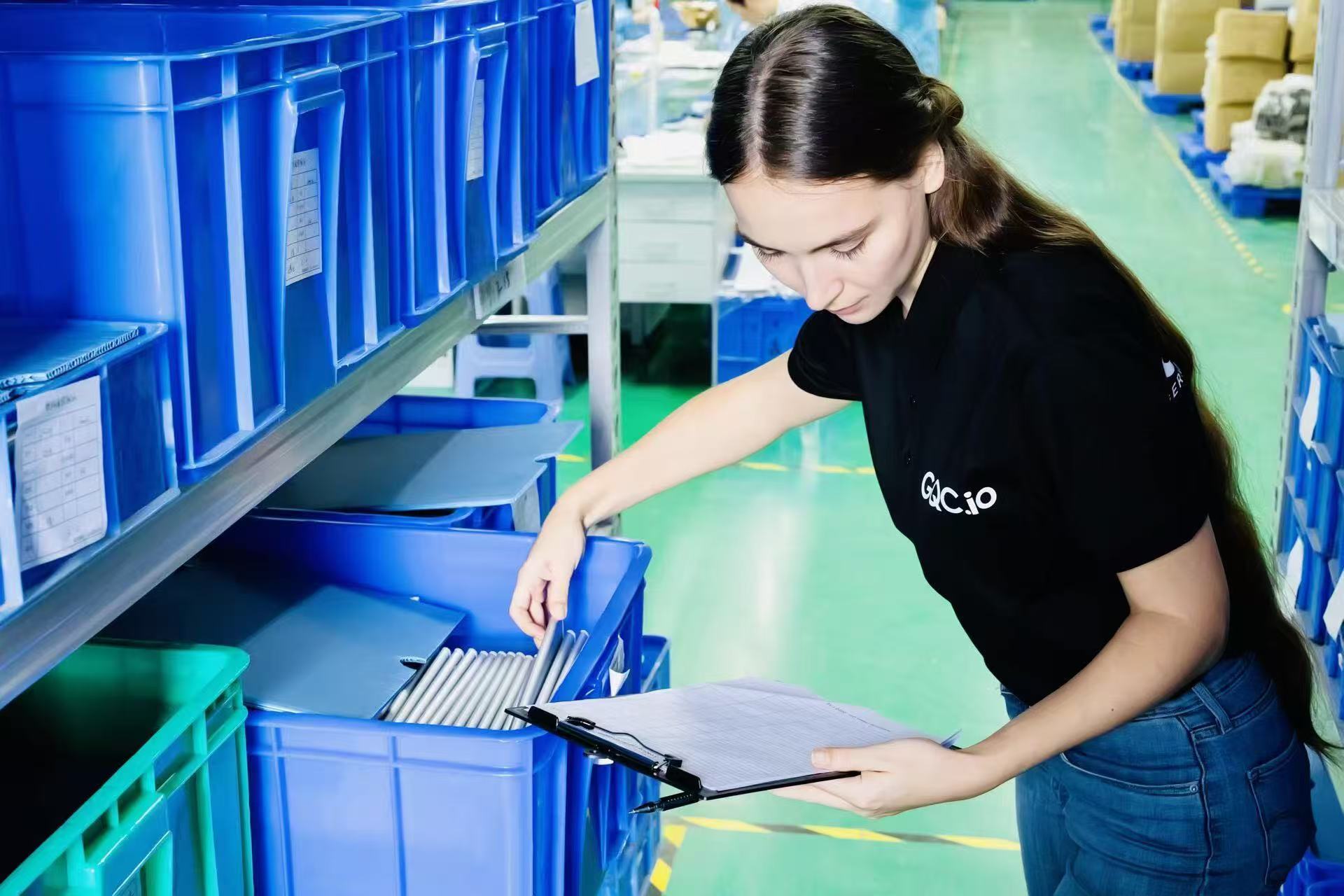The rules that define when the seller or buyer is in charge for certain expenses and responsibilities & risks related to shipping are known as Incoterms. These international trade terms are widely used in global commerce and form the backbone of international shipping laws. Understanding and knowing these rules is essential for anyone who sells traded goods across national borders. This article will serve as an overview of these eleven terms and how they should be implemented to ensure that the transaction runs smoothly.
The Incoterms are a set of 11 individual rules issued by the International Chamber of Commerce (ICC) which define the responsibilities of sellers and buyers for the sale of goods in international transactions. Of primary importance is that each Incoterms rule clarifies the tasks, costs, and risks to be borne by buyers and sellers in these transactions.
The 11 Incoterms are:
1. Free Carrier or FCA / Cost & Freight or CFR - Seller pays transportation costs & risks until goods are loaded on carrier's vehicle at seller's warehouse or factory. Risk passes when goods are loaded on carrier's vehicle at seller's warehouse or factory.
2. Cost & Freight or CFR - Seller pays transportation costs & risks until goods are loaded on carrier's vehicle at seller's warehouse or factory. Risk passes when goods are loaded on carrier's vehicle at seller's warehouse or factory. Only use for river and see transportation
3. Ex works or EXW - Seller delivers goods at his/her own place of business or another named place (i.e., worksite), but not unloaded from means of transport and not cleared for export; Buyer bears all costs and risks involved in taking possession of the goods
4. Cost, Insurance and Freight or CIF - Seller pays for the transportation of the goods to their destination, as well as all insurance charges associated with the delivery. Payment is made when the goods arrive at their destination port.
5. Carriage & Insurance Paid or CIP - This is similar to CIF but payment is made upon the arrival of the goods at their final destination. The seller must cover all costs associated with transportation up until delivery of the goods at their final destination, including insurance for any loss or damage incurred during transit.
6. Free Alongside Ship or FAS - Seller must deliver the goods to a ship’s rail at the named port as close as possible to the vessel in order to pass on his responsibility to the carrier. The buyer pays for transportation and any other charges necessary to complete the delivery.
7. Free On Board or FOB - This term specifies that ownership of goods passes over when they are loaded onto a ship or other vessel destined for export. After this point, costs incurred during transportation will be borne by whoever arranges transportation and loading onto a ship and not by either buyer or seller.
8. Delivered At Terminal or DAT - Seller must hand over the goods, cleared for import and ready to be loaded on board the vessel, at the named terminal at the named port of destination. The risk passes when the goods have been delivered to this terminal. This term requires the seller to clear the goods for export.
9. Delivered At Place or DAP - Seller must deliver when he places or sends the goods at the disposal of the buyer at the agreed place in the country of destination. The seller has to clear them for export unless otherwise agreed. Risk passes from seller to buyer when goods have arrived at an agreed destination.
10. Delivered At Frontier or DAF - This term means that the seller has to deliver the goods at the named frontier free zone, dock or container terminal. The risk passes from the seller to the buyer when the goods are handed over to the first carrier. The seller must clear the goods for export and pay any customs duties and taxes due on them.
11. Delivered Duty Paid or DDP - Seller must arrange for all transportation and associated costs including export clearance and customs documentation which are needed to reach the destination port. The risk transfers to the buyer only when the goods are made available to the buyer at the port of destination.
If you're shipping goods internationally, or if you're in the import/export business, it's essential to know what your obligations and responsibilities under international trade regulations are. Many buyers and sellers alike are unaware of their country's Incoterms rules, which can lead to confusion on both sides of the deal. Nonetheless, these rules are essential if you want to do business in an international market. We hope this article helps with your supply chain negotiation efforts, as well as your business in general. For more useful information visit our blog https://www.gqc.io/blog





